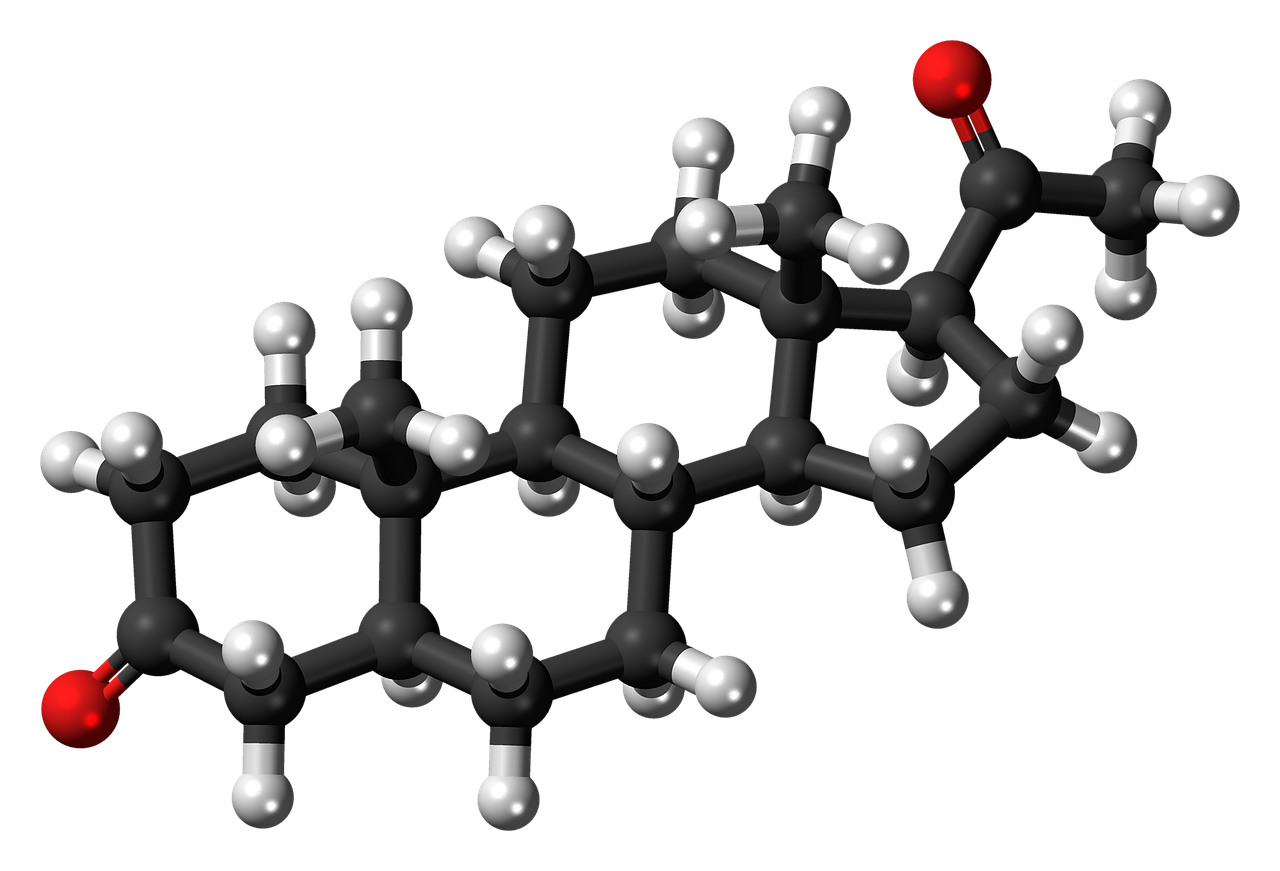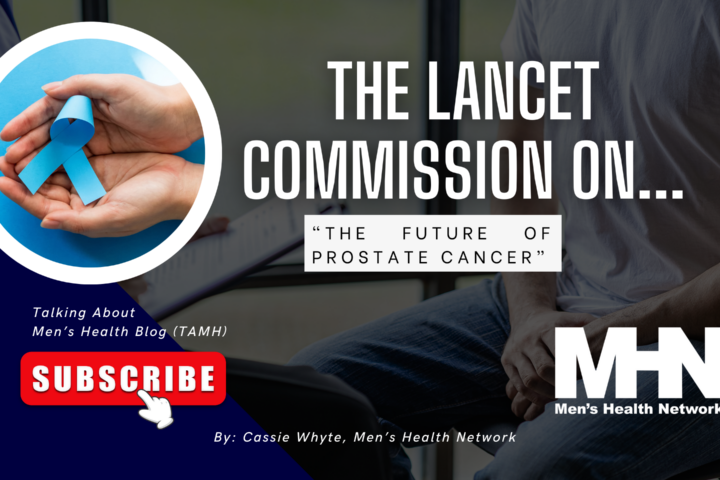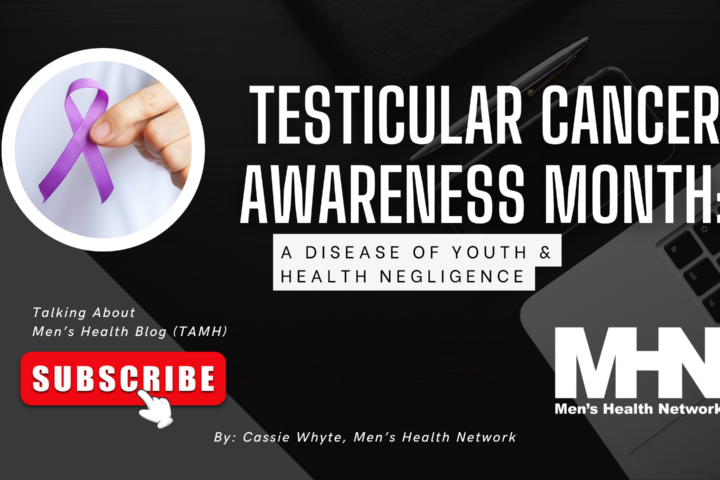In today’s world, the difference between success and failure is measured in milliseconds not minutes. Striving to be better, faster, and stronger, pushing the limits of human endurance… becoming super human. To reach such heights is difficult to achieve, let alone maintain. This pressure to achieve super human levels leads some to use steroids. Despite the ever increasing scrutiny placed upon athletes by different sporting confederations, despite the ever more sensitive drug tests being produced by laboratories, despite the risk of tarnishing reputations forever, the pursuit of super human status is too tempting for some.
Of course we know the effect of steroids on the body, both positive and negative. On one hand, they can help an athlete become faster and stronger, but on the other hand, they can cause long term damage to the joints and to the heart. One side effect of steroids that does not get much publicity is gynecomastia, otherwise referred to as “man boobs.” But why would taking a steroid to enhance masculine features such as muscularity, also lead to feminizing features?
The human body produces hormones, which are basically messengers that are sent from one part of the body to another and direct that body part to perform a specific function. Hormones are always in balance and having too little or too much of a hormone can cause specific symptoms. In the case of testosterone, the body maintains a certain level of free testosterone. Too little testosterone and men can feel tired or have decreased libido. However, when males take exogenous testosterone (and their derivatives), it can lead to excess testosterone that then gets converted to estrogen. This then leads to excess estrogen levels which then can stimulate the breast tissue to grow, leading to signs of gynecomastia.
There are medications, commonly referred to as estrogen blockers, which may counter act any effects of excess estrogen in the body. However, even on an estrogen blocker, men can still develop gynecomastia.
The treatment of gynecomastia involves removing the tissue that is causing the chest to look puffy or enlarged. There is no diet or exercise plan, no supplement to be taken, that can treat this condition. In experienced hands this surgery is effective and straightforward. But every surgery has inherent risks. The decision to use steroids in the quest to achieve super human status must be heavily weighed against the possibility of a future encounter with a surgeon’s scalpel. Your call….




